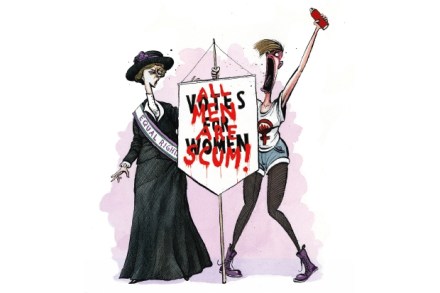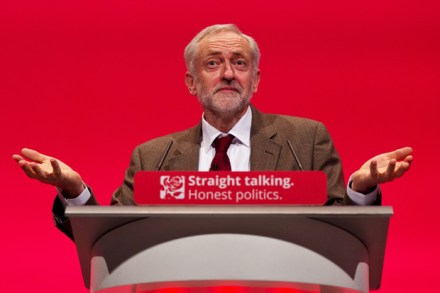Sex worker
‘Of course,’ said my husband in his worst smirky way, as though waiting for an appreciative chuckle, ‘as soon as she found out he was a politician, she broke off the affair.’ That was not the only unoriginal remark about poor old John Whittingdale, who last week admitted to going out with a woman for six months without realising that she was a prostitute. Hearing about the thing on Sky News, I thought its use of sex worker for the woman was an eccentric example of political euphemism. But then I found the BBC using sex worker, and even reputable newspapers. The Times too called her a sex worker. In










